5 Tech Innovations That Will Change Everything About Work by 2025

The way we work is changing faster than ever. By 2025, five major technological innovations will redefine the workplace, shaping how businesses operate and how professionals collaborate. From AI and automation streamlining tasks to sustainable technologies fostering eco-friendly environments, these advancements are paving the way for a smarter, more efficient future. Staying informed about these trends isn’t just an option—it’s essential for thriving in an increasingly competitive and dynamic business world. This blog dives into the key technologies driving this transformation, equipping you with insights to stay ahead and seize new opportunities.
This blog explores five critical technological innovations reshaping how we work. From automation to blockchain, we’ll examine how these trends are paving the way for the future of work and what you can do to stay ahead.
1. The Rise of the Gig Economy
The gig economy is set to expand further by 2025, reshaping traditional employment models. Platforms like Upwork, Fiverr, and TaskRabbit are evolving, offering more seamless ways for freelancers and employers to connect. This shift is enabling greater flexibility and accessibility for professionals across industries.
Key factors driving this growth include:
- Advanced Platforms: Enhanced gig platforms are prioritizing user experience, with smarter algorithms that ensure better matches between freelance talent and projects.
- Personal Branding: Success in the gig economy now heavily relies on personal marketing. Freelancers are building online portfolios, leveraging LinkedIn, and taking advantage of social proof like client testimonials to stand out.
For businesses, this trend provides access to a global talent pool without long-term obligations. For workers, it offers freedom to build careers on their terms.
Takeaway:
Whether you're a gig worker or a business hiring freelancers, optimizing your online presence will be crucial. Building a strong personal brand or employer profile on these platforms is a key step toward thriving in this economy.
2. Artificial Intelligence (AI) Automating Repetitive Tasks

AI is no longer just a buzzword; it’s revolutionizing work by automating routine tasks. By 2025, artificial intelligence will be widely implemented in sectors ranging from customer service to data management. Tasks like data entry, scheduling, and even certain elements of customer interaction are already being entrusted to AI-powered tools.
For example:
- AI Chatbots: These are transforming customer support, providing 24/7 assistance with faster response rates and lower cost.
- Machine Learning: Algorithms are being used to analyze large data sets efficiently, providing insights that were once time-consuming for humans to extract.
By taking over repetitive duties, AI frees up professionals to focus on strategic, creative, or high-impact work. That means employees can channel their energy toward problem-solving, innovation, and leadership tasks that machines simply cannot replicate.
Takeaway:
Businesses should invest in AI tools that enhance productivity, while employees should focus on acquiring skills that complement automation, such as analytical thinking and creativity.
3. Evolution of Remote Work and Virtual Collaboration Tools

The pandemic cemented remote work as a norm rather than an exception. Looking ahead, tools like Zoom and Slack are getting upgrades with revolutionary integrations such as virtual reality (VR) and augmented reality (AR). These advancements aim to bring the engagement of an office environment to remote settings, ensuring seamless collaboration regardless of location.
Key trends include:
- Immersive Meetings: VR will allow users to step into 3D virtual offices and interact with colleagues in lifelike meeting spaces.
- Enhanced Connectivity: Improved collaboration software will make it easier for geographically dispersed teams to work in real time without experiencing lags in communication or productivity.
Remote work also enhances access to top global talent while cutting costs tied to operating physical offices.
Takeaway:
Now is the time for companies and professionals to familiarize themselves with virtual collaboration tools. Adapting early will provide significant advantages as these technologies evolve.
4. Blockchain for Transparency in Work Contracts

Although blockchain is commonly associated with cryptocurrency, its applications extend far beyond. By 2025, blockchain has the potential to revolutionize HR processes, especially work contracts. This technology can create tamper-proof digital records, ensuring security and transparency.
Here's how blockchain will change workplaces:
- Smart Contracts: These are self-executing contracts where terms are written into code, automating processes like payments and verifying milestones with no need for intermediaries.
- Reduced Fraud: Blockchain minimizes the risks of contract disputes, fraud, or payment delays, creating trust between employers and employees.
This implementation is particularly useful for freelancers and gig workers who often face challenges with delayed payments or unclear terms.
Takeaway:
Businesses should explore blockchain solutions for handling sensitive HR functions, as this system ensures fairness and eliminates inefficiencies in work agreements.
5. Upskilling for Future Workplace Needs
With the rise of AI, automation, and other advanced technologies, upskilling will be non-negotiable for employees looking to stay relevant in the labor market. By 2025, roles across various industries will demand expertise in both technical skills and cognitive capabilities.
Three prominent strategies for upskilling include:
- Online Learning Platforms: Websites like Coursera, LinkedIn Learning, and Udemy offer affordable courses tailored to emerging workplace needs.
- Industry Certifications: Specialized certifications will help professionals gain credibility and demonstrate technical expertise.
- Coaching Communities: Peer learning environments provide opportunities to exchange ideas and stay updated on trends.
Companies, too, are investing in employee development through training programs that ensure their workforce is prepared to meet evolving challenges.
Takeaway:
For career growth, prioritize continuous learning. Focus on developing a mix of technical and soft skills, as both will be critical for navigating the future of work.
Conclusions
The workplace is on the brink of a remarkable transformation, driven by advancements in AI, remote work technologies, blockchain, wearable devices, and sustainable innovations. By understanding and adopting these innovations, businesses and professionals can position themselves at the forefront of this evolution. Success in this new era demands adaptability, a forward-thinking mindset, and a commitment to continuous learning. Don’t miss an opportunity to stay ahead—embrace these changes now to unlock future growth and success. Subscribe to our updates and gain the insights you need to thrive in the workplace of tomorrow.
The Future of Work Is Already Here
Technology is reshaping work faster than we could have anticipated. The gig economy is empowering freelancers, AI is transforming how tasks are accomplished, and virtual collaboration tools are bringing us closer across distances. Blockchain is fostering trust in professional relationships, while upskilling is preparing us to adapt to what's next.
Adapting to these changes is not just an option; it’s a necessity. To stay competitive, individuals and organizations must step into the future equipped with knowledge, tools, and strategies tailored for success.
What's your next move? Begin by identifying how these innovations could apply to your career or business. Stay proactive. The more prepared you are, the brighter your path will be. For more insights on the future of work and technology, subscribe to our updates or join our LinkedIn network today.



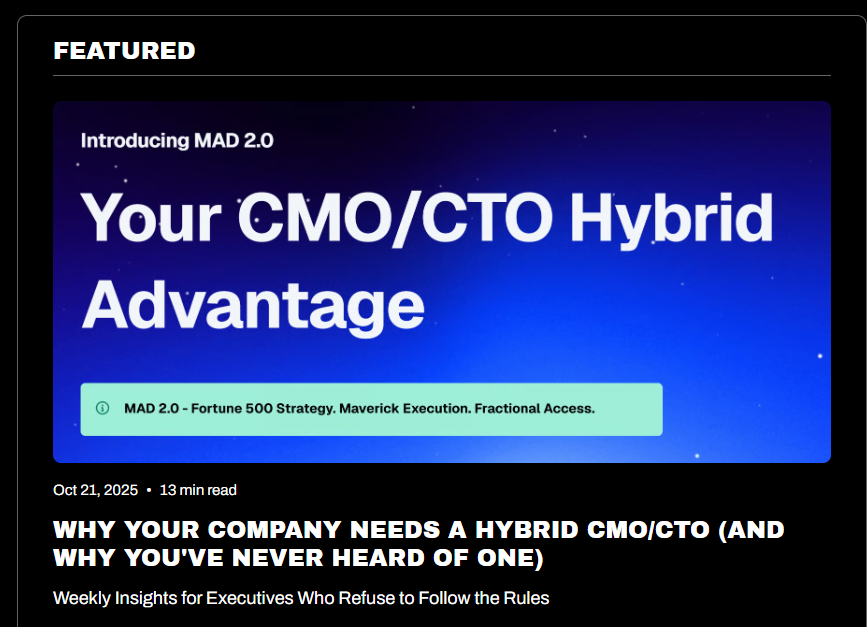



.jpg)

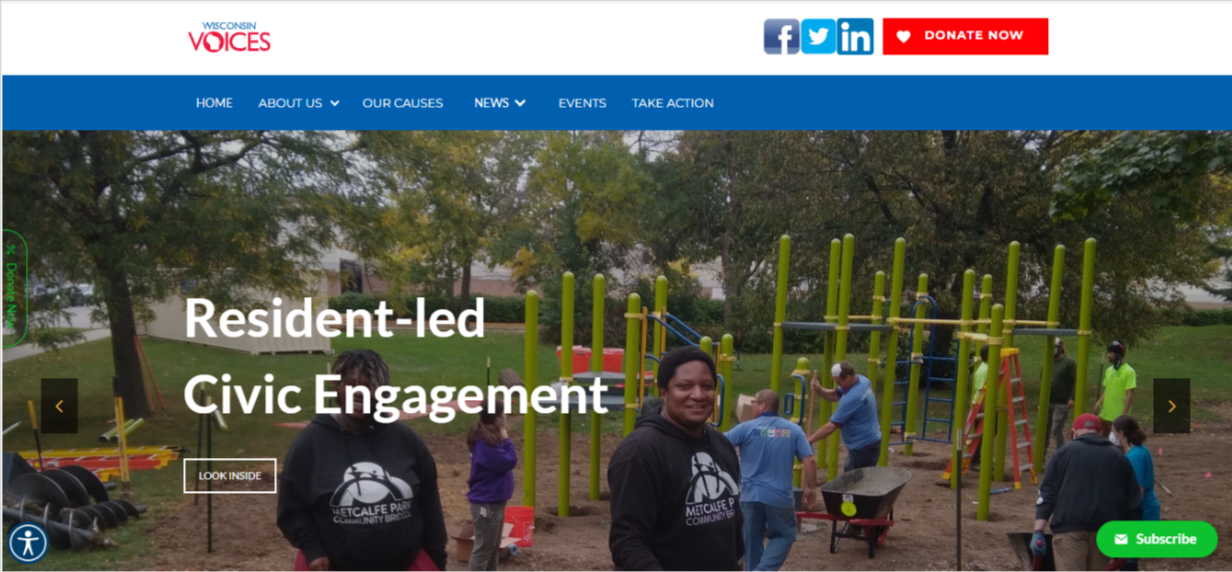

.jpg)
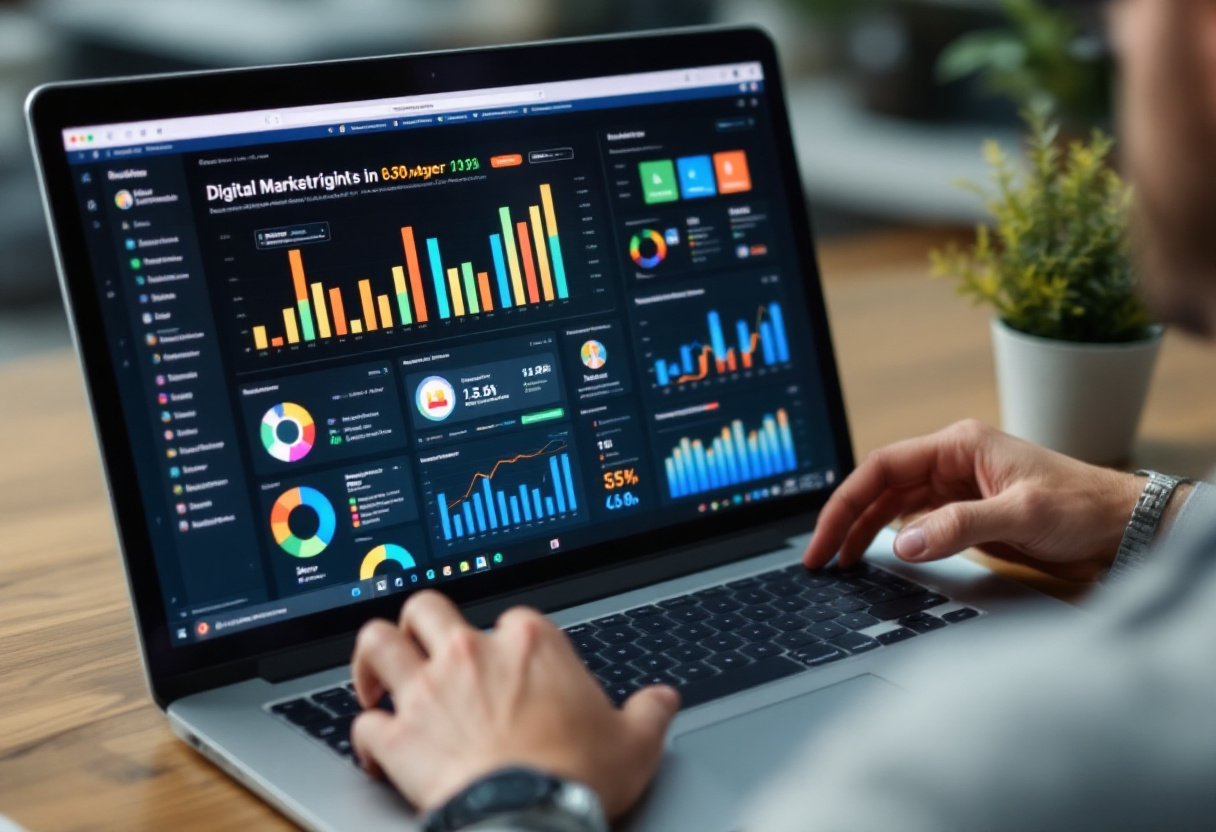

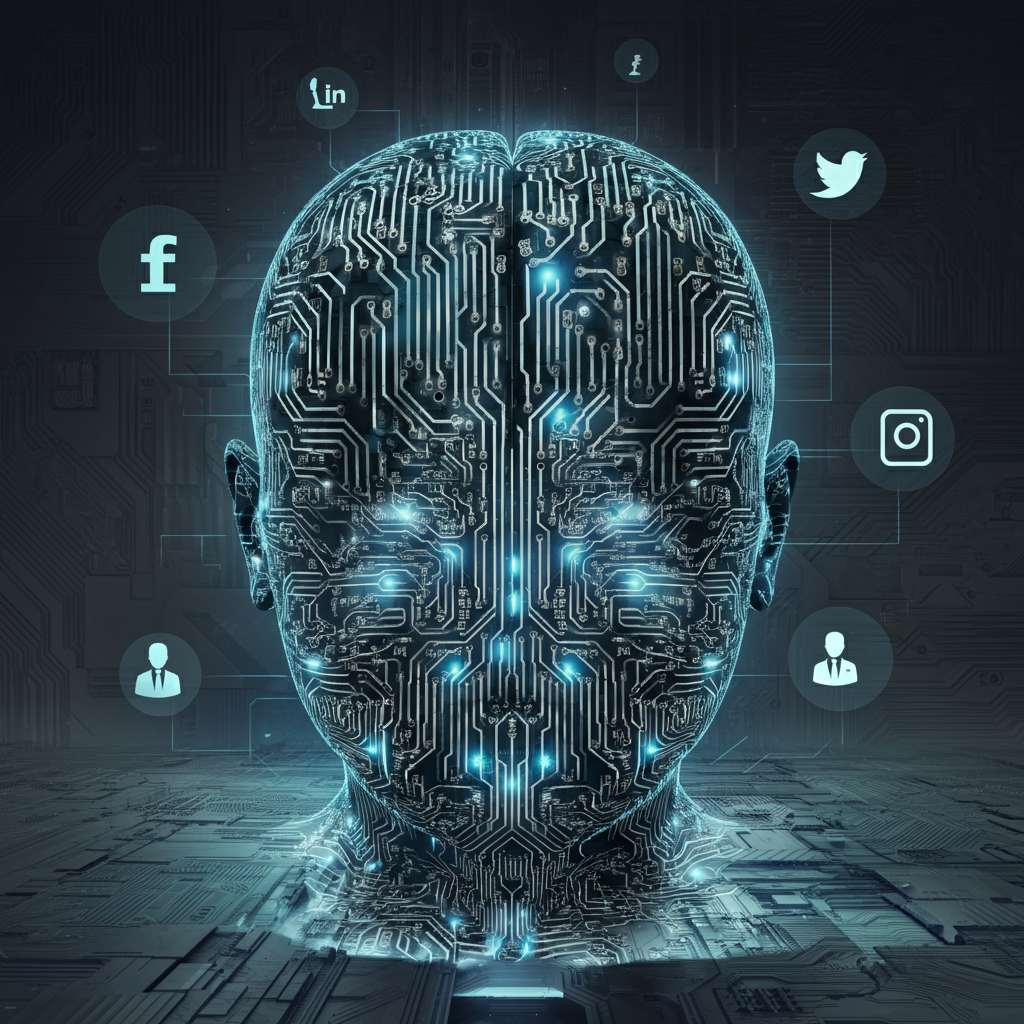
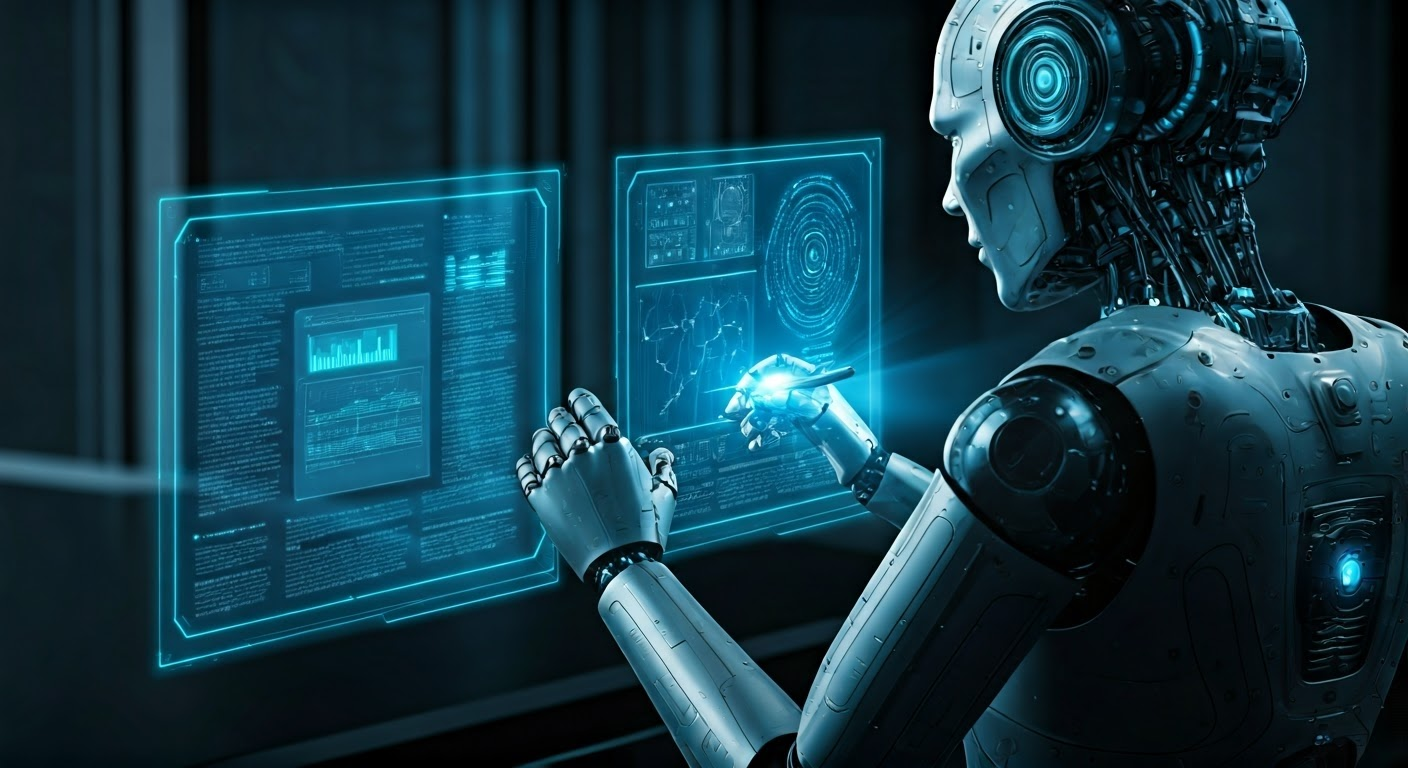

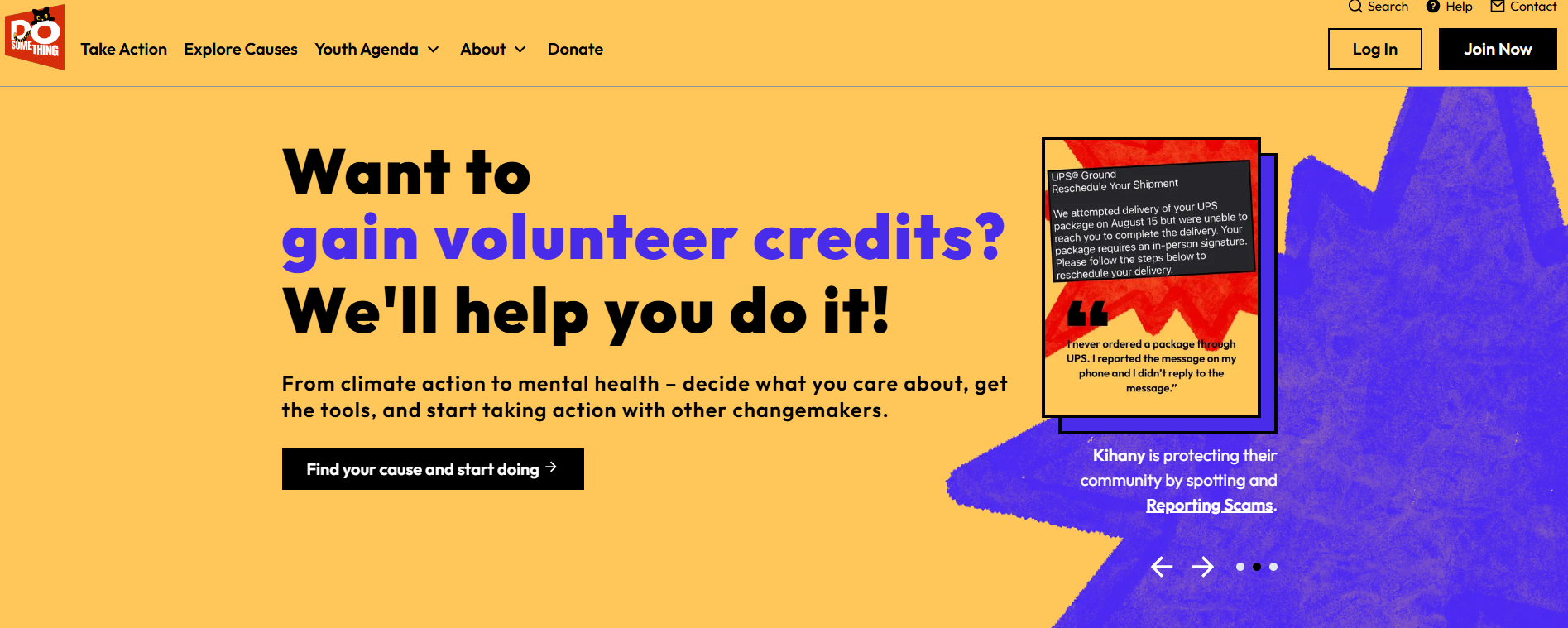






.jpg)


.jpg)
.jpg)

.jpg)


.webp)

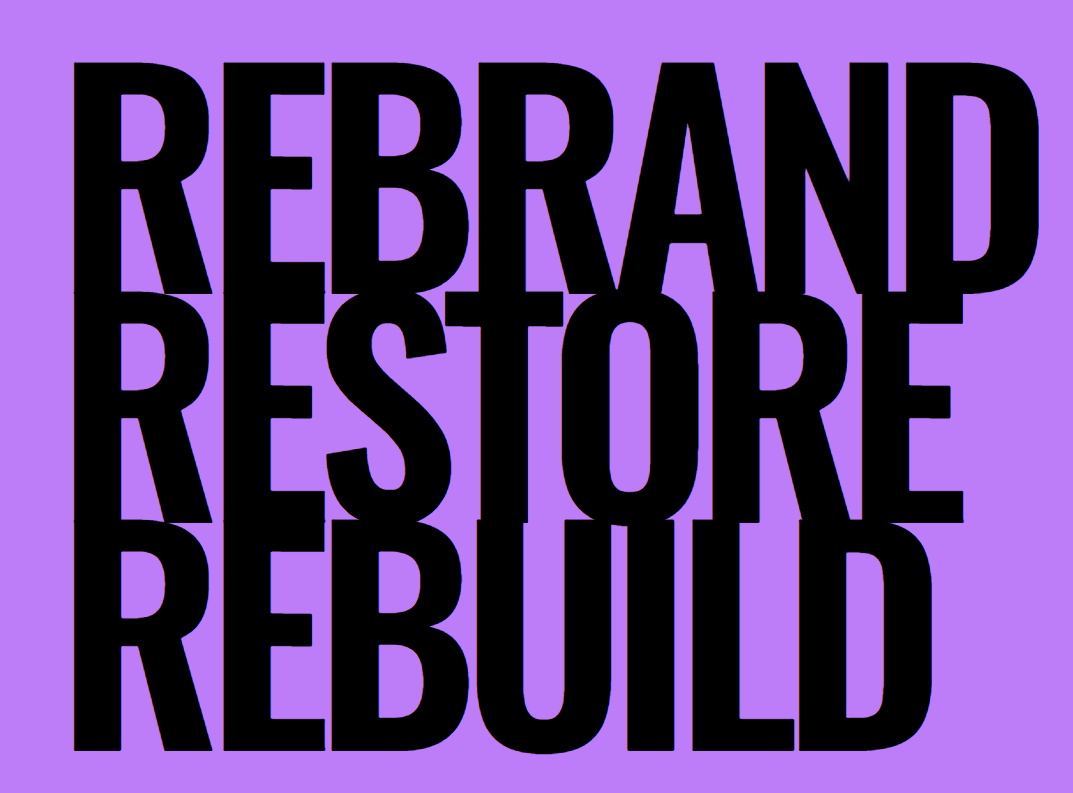



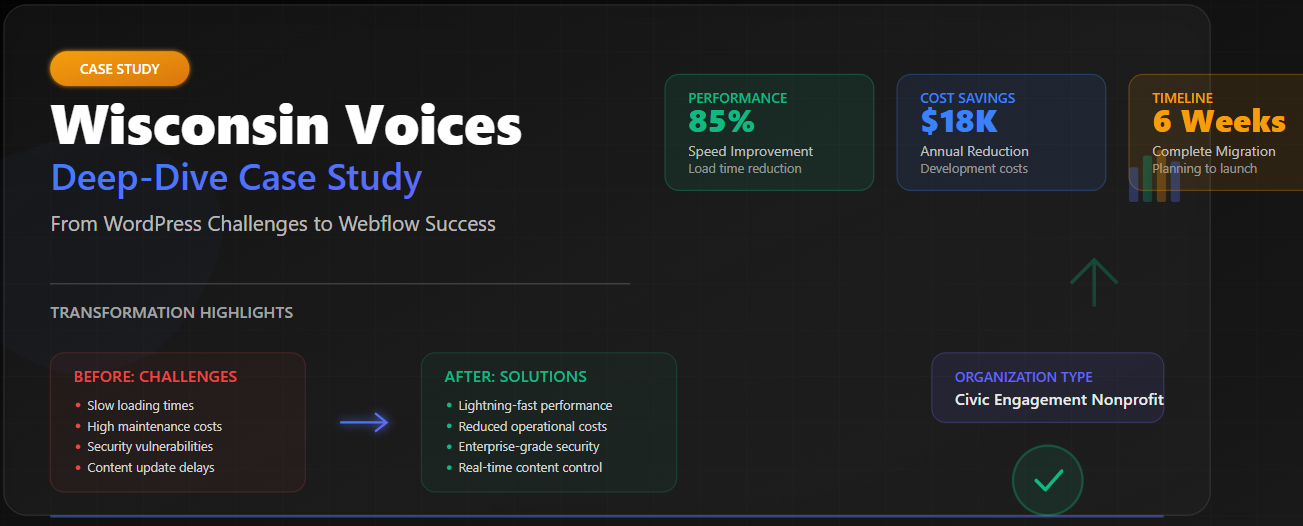
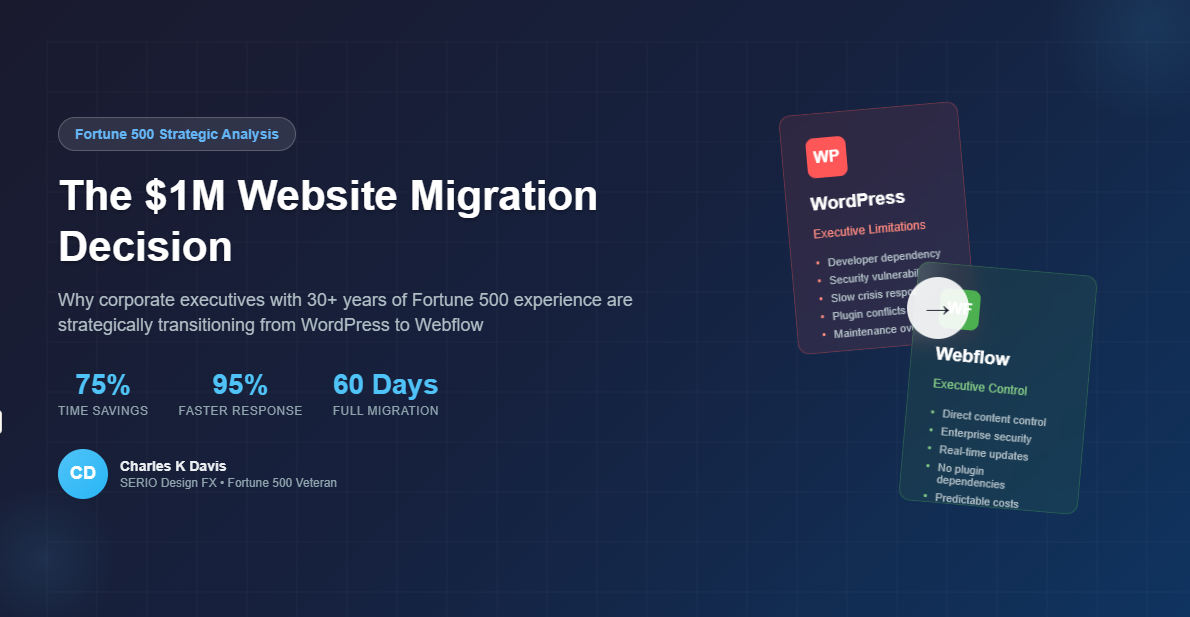
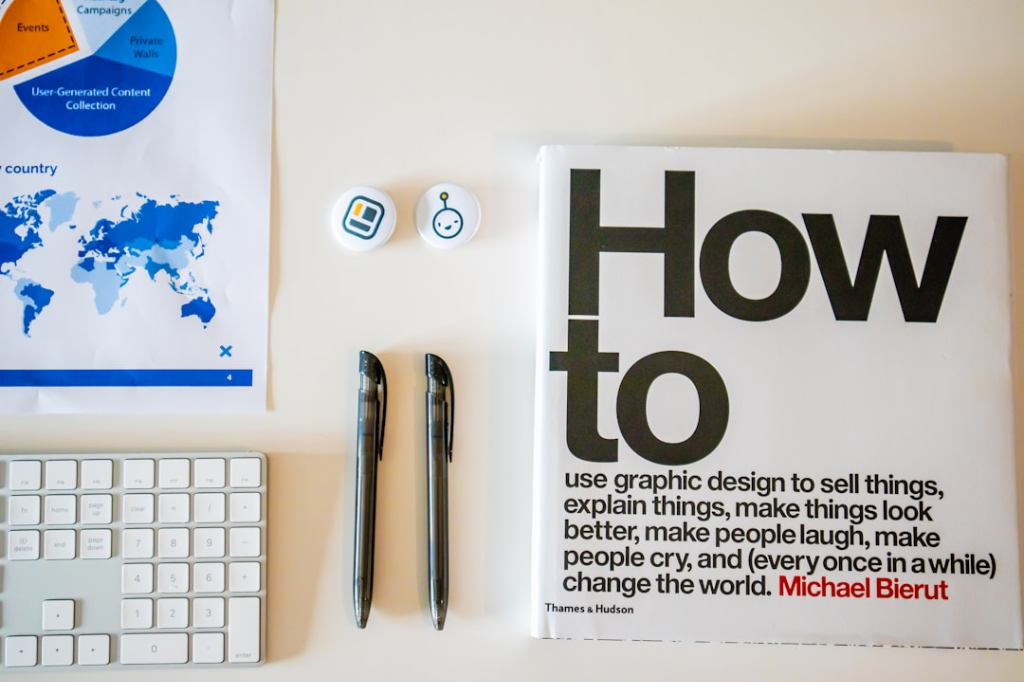










.png)

.png)





.png)





.png)






























